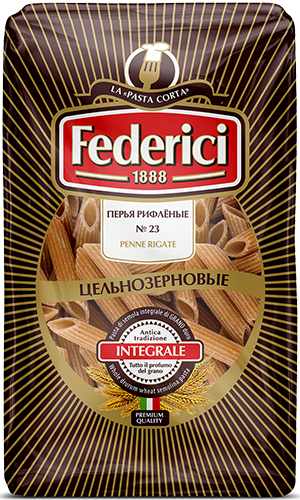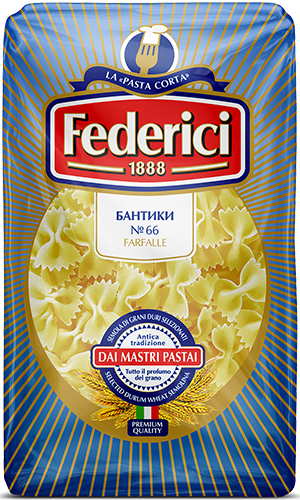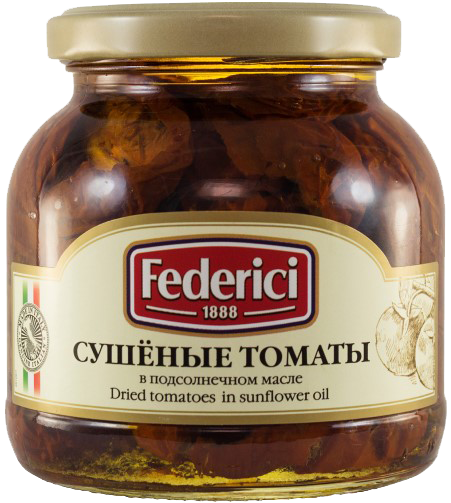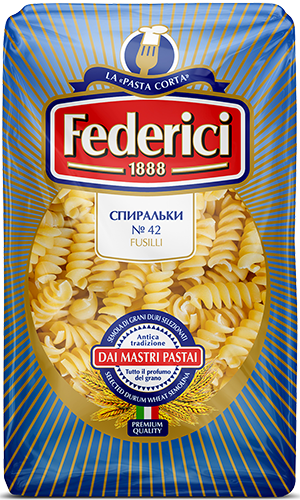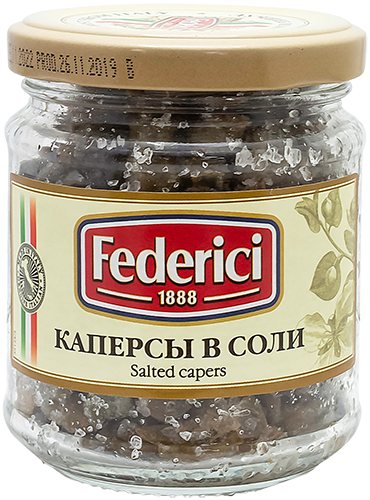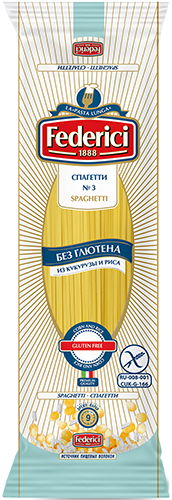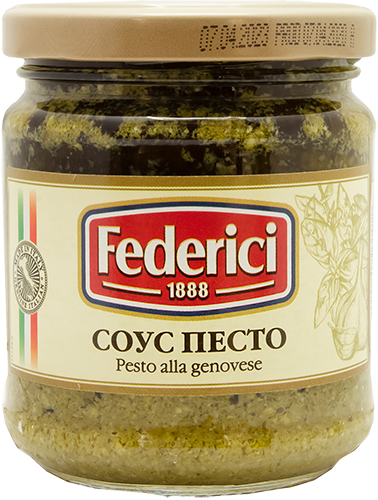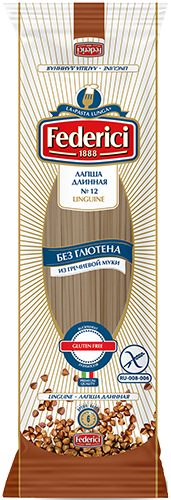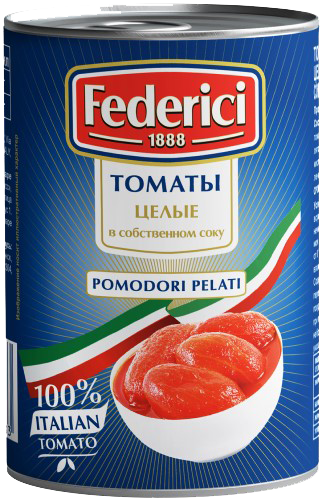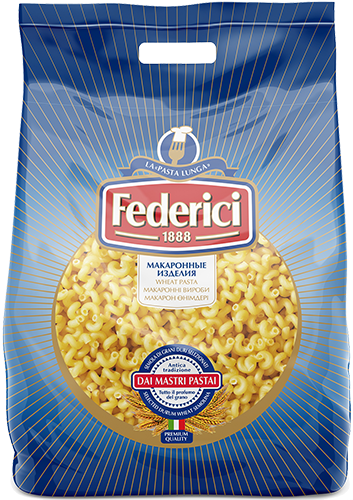


A true treasure trove of vitamins, nutrients, and minerals, the importance of which in the daily diet is difficult to overstate. We’re talking about chickpeas, also known as Turkish, garbanzo, or walnut peas. This product has gained particular popularity in the East, but its popularity is currently growing every year in our country.
What are chickpeas?
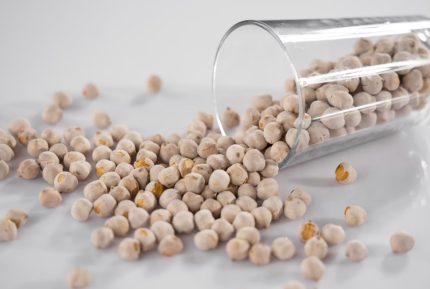
A wide variety of Turkish peas, or chickpeas, is available on our online store website. They are most often used to make hummus and falafel – traditional Asian dishes. Chickpeas are a legume native to the Middle East and offer numerous health benefits. There are several dozen edible chickpea varieties worldwide. Two of the most common are:
- Desi;
- Kabuli.
Desi is small and irregularly shaped, with a brownish-red color. Kabuli chickpeas are larger, with a rounded and fairly smooth surface. Their color is much lighter than desi chickpeas. The benefits of chickpeas are noticeable even with short-term consumption, as they contain a huge number of essential micronutrients.
This product is grown in over fifty countries. The recognized leaders in chickpea production are Pakistan, Turkey, and India. They are very popular in vegetarian and vegan diets, but are gradually gaining a leading position in traditional cuisines around the world.
The health benefits of chickpeas
The enormous health benefits of chickpeas stem from their multi-component chemical composition, which positively affects the functioning of all organs and systems of the human body.
Regular consumption of chickpeas guarantees:
- a healthy and nutritious diet;
- well-being;
- a varied diet during fasting or dieting;
- saturating the body with essential micronutrients and vitamins;
- Prevention of certain gastrointestinal diseases.
Since chickpeas lack the essential nutrient methionine, they should be included in the diet alongside vegetables, fruits, and whole grains. For example, chickpeas pair well with sunflower and chia seeds, raisins, rice, figs, oats, and sunflower oil.
Nutrition and Nutrients
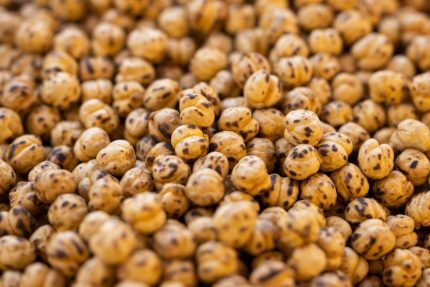
Chickpeas are a fairly nutritious and calorie-dense food—100g of pure product contains 164 kcal. They contain 8.86g of protein, 2.59g of fat, and 27.4g of carbohydrates. Regarding the content of various minerals and vitamins, the list is as follows:
- manganese;
- copper;
- iron;
- zinc;
- phosphorus;
- selenium;
- potassium;
- vitamin B9 (folic acid);
- vitamin B1 (thiamine);
- vitamin B6 (adermin).
Chickpeas contain a fairly large amount of dietary fiber – 7.6 g per 100 g of product – as well as very important and essential amino acids. The answer to the question of what is beneficial about chickpeas is obvious – their rich and varied composition of micronutrients.
Meat Alternative
The health benefits of chickpeas are also evidenced by their high content of high-quality protein. This is why this product is often chosen by vegans and vegetarians who carefully monitor their diet and health.
Protein is a recognized source of energy, which is essential for the constant and proper functioning of the body. It is necessary for muscle growth and normal skeletal development, so it should be consumed by both children and adults. Furthermore, chickpeas are an excellent substitute for dairy products and some other animal-based foods.
Chickpeas are an excellent alternative to meat for vegans and vegetarians, as well as those on a diet or fasting. Turkish peas are also suitable for those who have contraindications to eating traditional meat or are forced to fast temporarily for medical reasons.
Combating Iron Deficiency
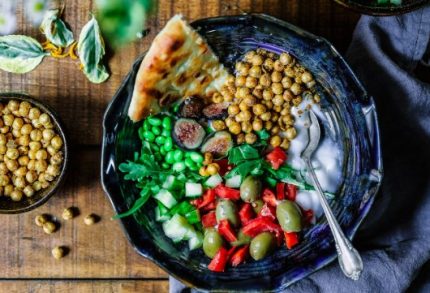
Iron, an extremely important and beneficial micronutrient, is essential for the proper functioning of the entire human body. It plays a direct role in red blood cell production, physical growth, and brain and muscle development. Iron deficiency can lead to a number of undesirable consequences, including:
- unexplained weakness;
- rapid and frequent fatigue;
- shortness of breath;
- various circulatory problems;
- nervous system dysfunction;
- liver dysfunction;
- decreased immunity;
- frequent viral infections and colds.
In this case, the benefits of chickpeas—boiled, roasted, or canned—are simply invaluable. Chickpeas successfully combat anemia caused by iron deficiency. Moreover, this micronutrient is easily absorbed by the body thanks to the presence of vitamin C.
Benefits for Digestion and Weight Management
Chickpeas provide tremendous health benefits thanks to the presence of dietary fiber. It significantly increases the growth of prebiotics in the intestines and promotes proper digestion. Therefore, regular consumption of chickpeas helps reduce the risk of:
- irritable bowel syndrome;
- colon cancer;
- intestinal colic;
- stomach cramps;
- unexplained gastrointestinal upset.
Combined with protein, fiber provides a long-lasting feeling of fullness and satiety. Therefore, another benefit of chickpeas, especially for women, is that they suppress hunger. By incorporating them into your daily diet, you can safely forget about constant snacking, reducing the number and volume of food consumed. Furthermore, protein significantly increases levels of hormones that suppress appetite.
Disease Prevention Benefits
When answering the question of how chickpeas are beneficial for preventing various diseases, it’s worth noting the following benefits:
- Prevents cardiovascular disease;
- Reduces the risk of cancer;
- Helps fight type 2 diabetes;
- Strengthens the nervous system;
- Normalizes blood pressure;
- Lowers cholesterol;
- Promotes active brain function.
The enormous benefits of chickpeas for both men and women are due to the presence of trace elements such as magnesium, potassium, butyrate (a fatty acid), saponin (a plant compound), and zinc.
Chickpeas: Contraindications
Chickpeas have no contraindications, so absolutely everyone can eat them. They fit perfectly into any menu and diet, without violating the general rules of even the most strict nutritional system. Chickpeas are beneficial because they significantly enrich our daily diet with various vitamins, microelements, and minerals. They are also a favorite among those seeking variety and new flavors while adhering to the basic principles of healthy, high-quality nutrition.
How to Cook Chickpeas
This product can be eaten fried, baked, or canned. It can be used as a salad ingredient, a full-fledged side dish, or a separate dish. Chickpeas, or Turkish peas, are excellent for everyday consumption, but they can also be a valuable ingredient for a festive table.
The popularity and health benefits of canned chickpeas stem from the preservation of their flavor and the ability to eat them without any pre-processing. The following ingredients pair well with chickpeas in various dishes:
- olive oil;
- garlic;
- sesame seeds;
- lemon juice;
- cumin;
- paprika;
- coriander;
- Ground pepper mix;
- parsley;
- pine nuts;
- tomatoes;
- feta cheese.
Boiled chickpeas are most often used in salads; they are first soaked in water for several hours and then boiled in salted water. This product is used to make hummus, a cold, spreadable appetizer, as well as a thick sauce, puree, or paste.
On our online store website, you can buy chickpeas at a great price, which are very beneficial for your health and well-being. Our product line is constantly updated with new products, which you can browse, choose, and purchase without interrupting your daily activities.
Our products
Мы стремимся предложить Вам наилучший сервис при работе с нашим сайтом. Для этого мы собираем и храним информацию о Вашем посещении сайта. Так называемые cookies. Файлы cookies не собирают и не хранят никакую личную информацию о Вас. Используя этот сайт, Вы даете согласие на использование cookies. На данном этапе Вы можете отказаться от использования cookies, настроив необходимые параметры в своем браузере.
